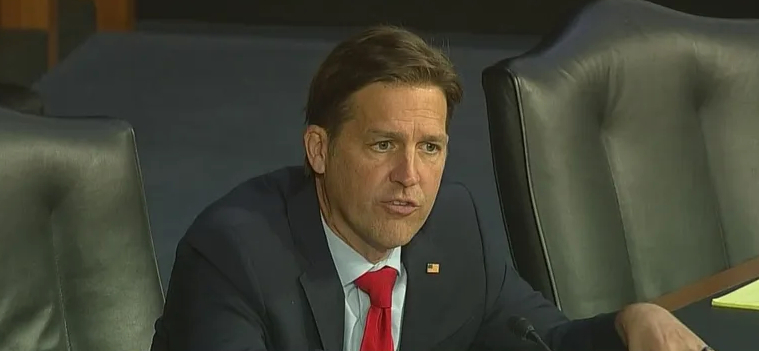Ryan Mills writes for National Review Online about the latest education shenanigans in Florida.
Florida teachers looking to expose high-school freshmen to some of the great works of literature and history should consider assigning William Shakespeare’s Romeo and Juliet, or maybe the St. Crispin’s Day Speech from Henry V.
Macbeth and A Midsummer Night’s Dream, two other Shakespeare classics, would be good choices for sophomores. Julius Caesar would likely be good reading material for juniors, and Hamlet and King Lear would be appropriate for high-school seniors.
That is according to Florida’s Benchmarks for Excellent Student Thinking, or B.E.S.T. standards, a framework for Florida educators to help them “nurture students by immersing them in the study of the great works of literature, history, and the arts.”
But even though the standards are clear that works of Shakespeare are appropriate for a “meaningful curriculum that ‘uplifts the soul,’” one Florida school district will no longer assign full Shakespeare plays, in part because of “new state laws” designed to protect students from materials that are pornographic, not age appropriate, or that depict or describe sexual conduct.
A headline published Monday by the Tampa Bay Times states that “Hillsborough schools cut back on Shakespeare, citing new Florida rules.” According to the story, “English teachers in Hillsborough County are preparing lessons for the new school year with only excepts from William Shakespeare’s works.”
The reason for the change is in part to expose students to a greater variety of writers and styles, Hillsborough County schools spokeswoman Tanya Arja told National Review in an emailed statement. “We redesigned our instructional guides for teachers because of revised state standards and new state exams that will cover a variety of books and writing styles,” she wrote. “Instead of 2 novels read in their entirety, students will read one full novel plus excerpts from 5-7 other novels and B.E.S.T. texts.”


